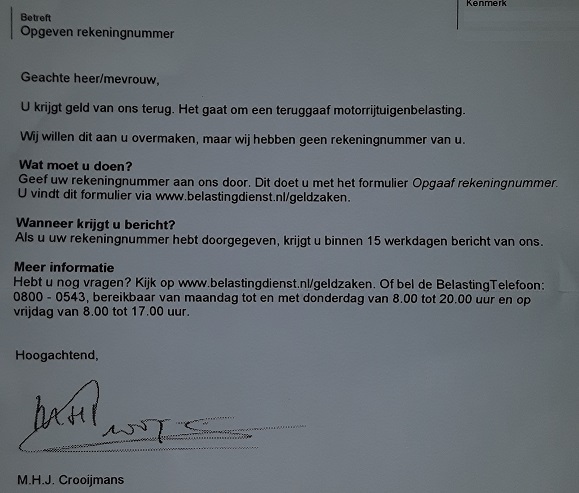It’s great to be on the other side.
Winning the Writers of the Future a few years back lead, by a convoluted path through the space-time-continuum, to me being invited to judge the Paul Harland Prize this year. Which in turn has lead to a feeling of embarassment at having ignored the Dutch speculative fiction scene for so long.
The Paul Harland Prize (or PHP, as it is fondly and–to web programmers–confusingly known) is an annual contest for Dutch-language short speculative fiction. Under different names, the Prize has been around for more than thirty years now, and has established itself as the contest for aspiring speculative fiction writers in the Netherlands and Belgium. Besides the First Prize for the best story of the year, there’s the Tolkien Award for the best new participant and the Feniks-Award for greatest improvement since last year (for most authors enter year after year), as well as a special prize for the best science fiction story of the year, made available by the Dutch SF association NCSF.
As the different prizes already suggest, one of the main objectives of the PHP is the development of new talent. For that purpose, too, every contestant (or at least, those that make it through the first round) receives a comprehensive jury report from each of the six jurors, giving hints, tips and advice on how to improve the submitted story.
As I said, I was invited to judge the contest this year, so somewhere in October I received a big box with the 36 stories that had made it through the first round. It was time to start reading and assigning points. And that’s where the fun started.
Now, I would be lying if I said all 36 stories were good. But for every dog there was a unicorn, for every turd a jewel. That’s also where the embarassment came in: after believing for years that nothing much was happening in the speculative corner, I was discovering how much talent there actually is in Holland and Belgium. Writers like Django Mathijsen, who made it into the top-15 with both his submissions; or Fred Rabouw, whose two stories even crowded into the top-5; or Rianne Lampers, with two entirely different, but both excellent stories; or Anne Witberg, who also submitted two high-ranking and wonderful stories, and whose remarkable talent is undeniable. Besides these double hitters, there were also single stories that impressed me greatly by Martijn Kregting, Norbert Dupont, and Navajo Broere.
There was a wonderful story about immortal Hieronymus Bosch by novelist Thomas Olde Heuvelt, whose two novels I plan to review in a separate post.
And there’s the winning story by Boukje Balder: imaginative, daring, energetic, original and wild.
There’s so much wonderful talent I’d consider switching back to my native tongue.
If only the competition wasn’t so fierce…
PS: The best stories of this year’s PHP will be published in a collection by Mynx this spring.
